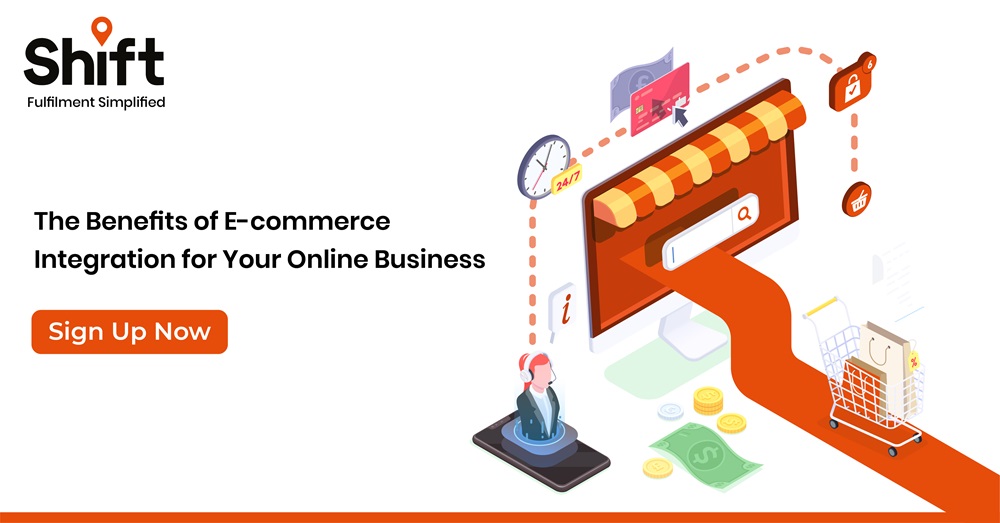The Benefits of E-commerce Integration for Your Online Business

Today we are all living in the twenty-first century and well, there’s no denying the fact that technology is truly reigning our lives. In this dynamic and ever-evolving landscape, staying ahead in online business necessitates embracing the latest technologies. E-commerce integration has thus emerged as a game-changer, providing numerous benefits that significantly enhance the functionality and efficiency of your online work.
One of the primary and most pivotal advantages of e-commerce integration is scaled customer experience. By seamlessly connecting your online store with various platforms and services, you can develop a lot more smoother and user-friendly shopping journey. This integration facilitates customers to enjoy a unified experience, ranging from browsing products to making payments, and well, this in turn helps foster customer satisfaction and loyalty.
Efficiency is yet another key benefit. E-commerce integration streamlines processes by automating a plethora of tasks such as inventory management, order processing, and shipping. This not just helps reduce the likelihood of errors, but it also frees up valuable time for you to focus on strategic aspects of your business. With automated systems in place, you can handle a higher volume of transactions without compromising accuracy.
Moreover, integrating your e-commerce platform with other business applications enhances data accuracy and consistency. Real-time synchronization between different systems ensures that information, such as product availability and pricing, is always up-to-date. This not only minimizes the risk of discrepancies but also provides a more reliable foundation for decision-making.
The ability to reach a broader audience is a crucial aspect of successful online business, and e-commerce integration facilitates just that. Integration with social media platforms, marketplaces, and other third-party services allows you to extend your online presence beyond your website. This omnichannel approach enables you to tap into diverse customer segments and increase brand visibility.
E-commerce integration is a powerful tool for marketing and analytics. By connecting your online store with marketing automation tools and analytics platforms, you gain valuable insights into customer behavior, preferences, and trends. This data-driven approach empowers you to make informed decisions, optimize marketing strategies, and personalize the customer experience, ultimately driving sales and revenue.
Security is paramount in the world of online transactions, and e-commerce integration plays a vital role in ensuring a secure environment. Integration with secure payment gateways and compliance with industry standards enhances the overall security of your online store. This not only protects your customers’ sensitive information but also builds trust, a crucial factor in fostering long-term relationships.
Furthermore, e-commerce integration facilitates scalability. As your business grows, the integrated systems can seamlessly adapt to increased demands. This scalability ensures that your online store remains robust and capable of handling higher traffic, orders, and data volumes without compromising performance.
Concluding here, embracing a comprehensive shift logistics strategy is paramount in navigating the dynamic landscape of modern business. Be it enhancing customer experience and operational efficiency to further expand your online reach while scaling security, the integration of various systems and platforms is a strategic move that can definitely propel an online venture to new heights. So just embrace this phenomenal power of integration, and then watch your business thrive in the competitive digital landscape.